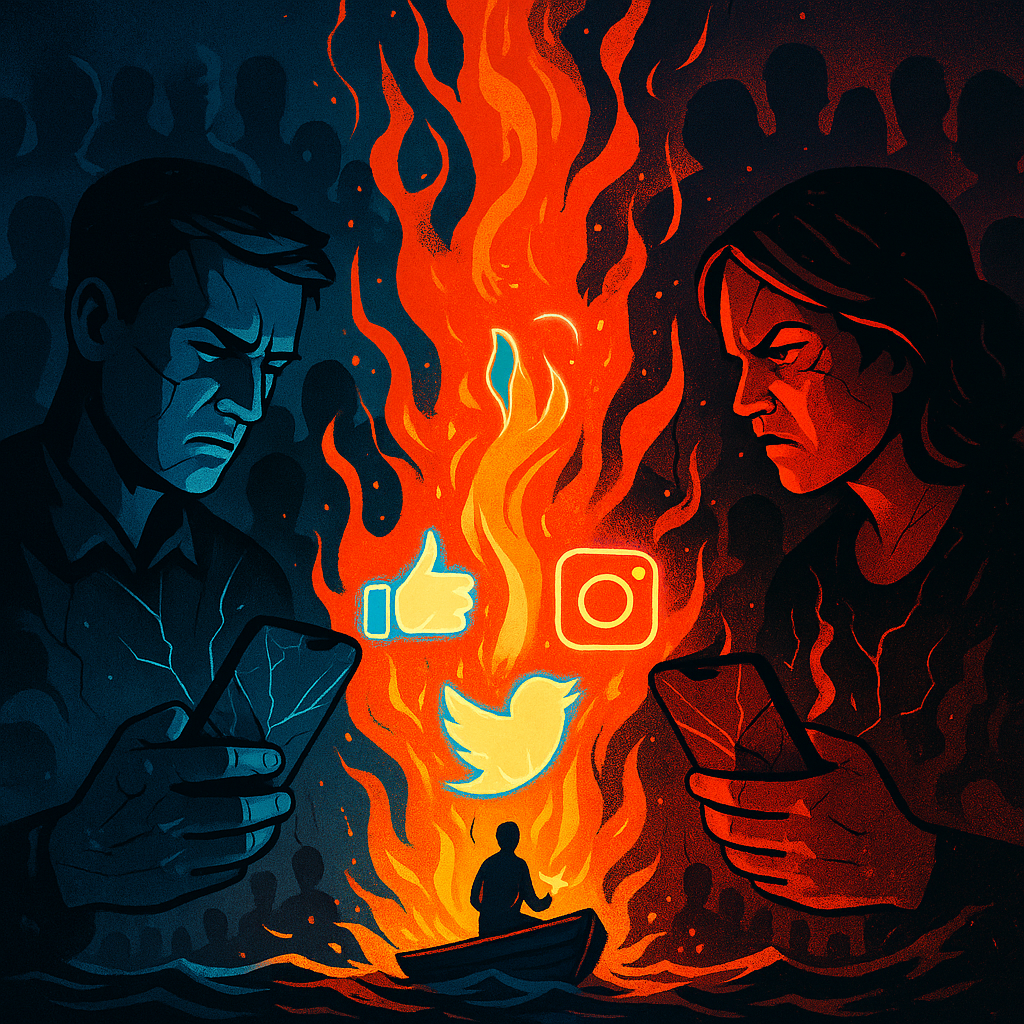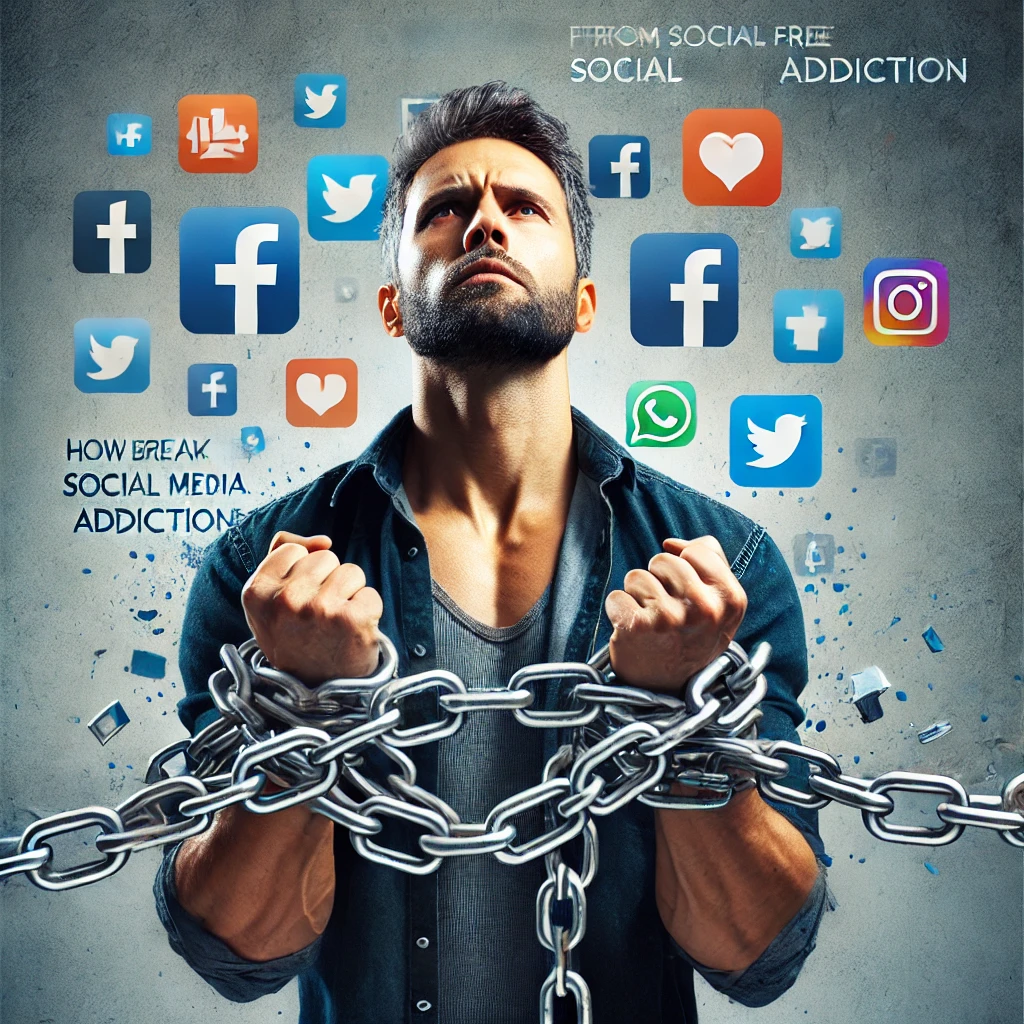How They’re Shaping the Online World and What You Can Do About It
In today’s digital age, the internet is a space for communication, collaboration, and creativity. However, along with its benefits comes a darker side—internet trolls. Trolls have become a pervasive force in online communities, constantly looking for ways to provoke, insult, and derail conversations. While trolling may have started as a form of harmless mischief, it has evolved into something much more toxic. From celebrities to everyday social media users, no one is immune to their attacks.
In this blog post, we’ll explore the rise of internet trolls, use real-life examples to showcase their impact, share quotes from public figures on their destructive behavior, and provide practical tips on how to handle and combat them. Whether you’re a casual user or someone deeply engaged in online communities, understanding trolls is key to protecting your mental health and your online experience.
The History of Internet Trolls
Trolling has been part of internet culture since its early days in the 1990s when users of message boards and forums would post inflammatory content to stir the pot. The term “troll” comes from fishing terminology, where a fisherman would cast out bait and wait for a fish to bite—just like trolls cast out controversial opinions or insults to lure in unsuspecting users.
What started as playful mischief has grown into something far more malicious. Trolls now use platforms like Twitter, Reddit, and Instagram to spread hate, misinformation, and vitriol. They target people from all walks of life, from public figures to everyday users. As comedian Ricky Gervais once said: “The problem with the internet is that you can never be sure who the trolls are—they could be 12-year-olds or sociopaths.”
The Evolution of Internet Trolls
While early trolls might have been viewed as mischievous, modern trolls have become more coordinated and dangerous. One significant shift has been the rise of “cyberbullying” and “cyberharassment,” where trolls target individuals relentlessly. These attacks can range from hurtful comments to doxxing (the release of personal information), threatening both the mental well-being and the safety of their victims.
According to a Pew Research study, 41% of Americans have personally experienced some form of online harassment, with men particularly reporting verbal attacks and threats of violence. Male public figures, athletes, and gamers are often prime targets of this kind of trolling, where critics seek to undermine their confidence or tarnish their reputation in front of millions.
Another worrying trend is the rise of “troll farms,” where large groups of trolls coordinate to spread misinformation or push political agendas. These groups often weaponize social media platforms, exploiting algorithms to get their divisive content seen by millions.
Trolls in Action
Chrissy Teigen and the Social Media Bullying
Model and TV personality Chrissy Teigen has been open about her struggles with online trolling. Over the years, she’s faced relentless criticism and outright harassment on platforms like Twitter, with trolls attacking everything from her looks to her personal life. Teigen has spoken out about the toll that online hate can take, stating, “The internet is both the best and worst place. You have to learn to take the bad with the good, but it doesn’t make it any easier.”
Teigen’s experience resonates with many who feel overwhelmed by the negative behavior of trolls, and it raises the question: why do trolls go out of their way to bring others down?
Why Do Trolls Troll?
Psychologists have long studied the behavior of internet trolls. A 2014 study published in the journal Personality and Individual Differences found that trolls often display traits associated with the “Dark Tetrad” of personality traits: narcissism, Machiavellianism, psychopathy, and sadism. This means they often derive pleasure from causing chaos and distress. For them, it’s not just about disagreeing with someone—it’s about making others feel powerless, angry, or upset.
In some cases, trolling is a way for people to vent frustrations or insecurities from their own lives. Hiding behind a screen provides a sense of anonymity and invincibility, allowing trolls to say things they would never dare to in person. As actor Stephen Fry put it: “It’s now very common to hear people say, ‘I’m rather offended by that.’ As if that gives them certain rights. It’s no more than a whine. ‘I find that offensive.’ It has no meaning; it has no purpose; it has no reason to be respected as a phrase.”
For some trolls, it’s not about having a personal vendetta against anyone—it’s about the thrill of creating chaos, undermining meaningful conversations, and asserting dominance in online spaces. Unfortunately, the more visibility and engagement trolls receive, the more likely they are to escalate their behavior.
The Impact of Internet Trolls on Online Communities
The impact of trolls can be devastating, not only for individuals but for entire online communities. They disrupt meaningful conversations, create a hostile environment, and make people feel unwelcome. In severe cases, trolling can lead to mental health issues such as anxiety, depression, and even suicidal thoughts.
A study by Pew Research Center found that 41% of adults in the U.S. have experienced some form of online harassment, with men more likely to encounter name-calling and physical threats. Whether it’s in gaming forums, political discussions, or social media comment sections, trolls leave a trail of destruction wherever they go.
Famous Quotes on Internet Trolls
Many public figures have spoken out about the damage caused by trolls and how they deal with them:
- Paulo Coelho – When you write an article about anything, trolls use the comments to attack. They feel frustrated – but haters are losers. It’s not good to feed this aspect. It’s more intelligent to be constructive.
- Steve Aoki – When I perform, I don’t think about the haters, the Internet trolls, or anyone else. I care about giving the person in front of me something they won’t forget.
- Oscar Wilde – Don’t feed the trolls; nothing fuels them so much. (Before the internet obviously, but still relevant)
Practical Tips on How to Handle and Combat Trolls
While internet trolls may seem like an inevitable part of online life, there are ways to minimize their impact:
1. Don’t Feed the Trolls
The golden rule of dealing with trolls is simple: don’t engage. Trolls thrive on attention, and responding to their provocations only gives them more power. Instead, ignore them, and they’ll likely move on.
2. Use Blocking and Reporting Features
Most platforms have tools to help you deal with trolls. Whether it’s blocking them or reporting their behavior to the platform’s moderators, use these features to protect yourself from abuse.
3. Cultivate a Positive Community
If you’re part of an online group, work to foster a culture of positivity and respect. Trolls are less likely to thrive in environments where kindness and understanding are the norms.
4. Protect Your Privacy
Trolls often target personal information, so be cautious about what you share online. Use privacy settings to control who can see your posts and who can interact with you.
5. Don’t Take It Personally
Remember, trolls often target people at random, looking for anyone they can provoke. Their behavior is a reflection of their own issues, not a judgment of your worth.
Conclusion: Taking Back the Internet from Trolls
Internet trolls are here to stay, but that doesn’t mean we have to tolerate their behavior. By understanding their tactics and using practical strategies to combat them, we can reclaim the positive potential of online communities. Whether you’re scrolling through social media or engaging in an online debate, don’t let trolls get the best of you.
As Winston Churchill once said, “You will never reach your destination if you stop and throw stones at every dog that barks.” Keep moving forward, and don’t let the trolls hold you back.
Have you ever encountered a troll? How did you handle it? Share your experiences in the comments below!





